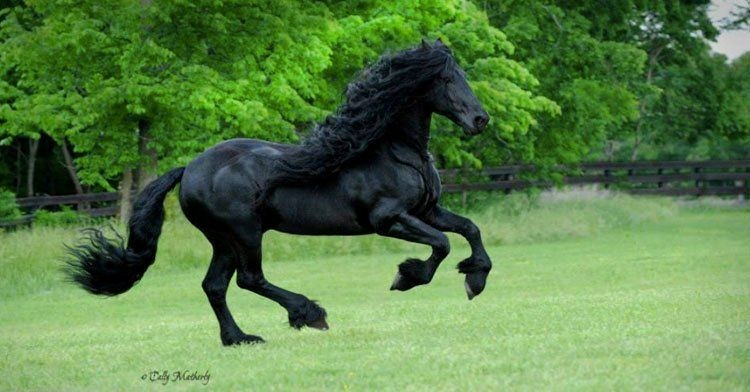Introduction
Beet pulp is an increasingly popular feed choice for horses. It is high in fiber and low in starch, making it a great option for horses needing a low-sugar diet, as well as those who are overweight. Beet pulp is also relatively inexpensive, compared to other horse feeds such as hay, grain, or supplements. However, there are some potential risks associated with feeding beet pulp to horses, so it is important to understand the pros and cons before making a decision.
What is Beet Pulp?
Beet pulp is a byproduct of sugar beet processing, and is made from the pulp that remains after the sugar is extracted from the beets. The pulp is dried and pelleted, and is often used as feed for livestock, including horses. Beet pulp is high in fiber and low in starch and sugar, making it a good choice for horses on a low-sugar diet, or those prone to weight gain.
Benefits of Feeding Beet Pulp to Horses
Beet pulp is an excellent source of dietary fiber for horses. It is high in the soluble fiber pectin, which helps slow down the digestion of food in the gut, making it a great option for horses with digestive issues. The fiber in beet pulp also helps to keep the digestive tract healthy, and can help prevent colic. Beet pulp is also a great source of essential vitamins and minerals, including calcium, magnesium, and potassium.
Beet pulp is also relatively inexpensive, compared to other feed options such as hay, grain, or supplements. It is also easy to store and transport, making it an ideal feed choice for those who travel with their horses.
Potential Risks of Feeding Beet Pulp to Horses
As with any feed, there are potential risks associated with feeding beet pulp to horses. The most important thing to consider is the quality of the beet pulp you are purchasing. Poor quality beet pulp can contain high levels of dust, mold, and other contaminants, which can be dangerous for horses to consume. It is also important to make sure that the beet pulp you are using is properly processed and free of pesticides or other chemicals.
In addition, it is important to make sure that the beet pulp you are feeding is properly balanced with other feeds. Beet pulp should not make up more than 20-30% of a horse’s diet, as it can be difficult for horses to digest in large amounts.
Conclusion
Beet pulp is a great feed option for horses on a low-sugar diet, or those who are prone to weight gain. It is high in dietary fiber and essential vitamins and minerals, and is relatively inexpensive compared to other feeds. However, it is important to make sure that the beet pulp you are purchasing is of high quality, and to make sure that it is properly balanced with other feeds. With careful consideration, beet pulp can be a safe and nutritious feed option for horses.

